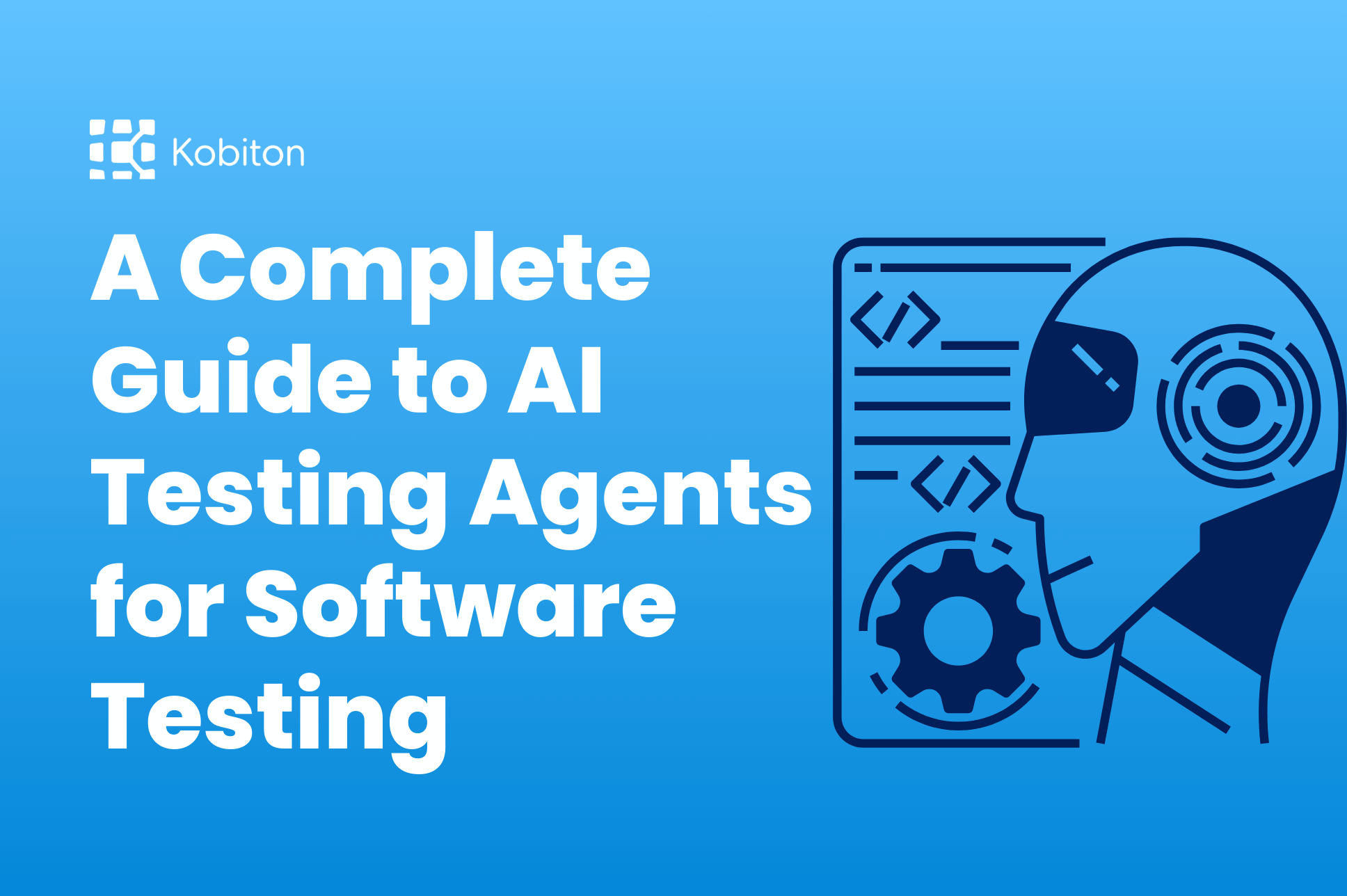
A Complete Guide to AI Testing Agents for Software Testing

Frank Moyer
It is a familiar scenario. You’ve committed, or been committed, to an aggressive launch date for a new app, and the code has proven more complex than anyone expected. The pressure is on.
Historically, the last step of the process, testing the app on real devices, is the first to be cut. But by skipping testing, you are potentially causing more lasting harm than the short-term gain of managing the deadline pressure.
The solution? Simplify your test strategy.
Tip 1:
If you don’t already, consider using automated scripts. When run correctly, they can help manage labor-intensive tasks, especially those that need to be run repeatedly. Also consider leveraging Katalon Studio, a powerful new automation toolset for web and mobile app testing that empowers testers to quickly setup, create, run, report and maintain automated tests.
Tip 2:
Have a solution in place, in advance, for how you’re going to manage testing on multiple devices and operating systems. Don’t depend on your teammate returning to the device library the Galaxy x7 she has sitting on her desk. If you don’t have access to the devices you need, consider a tool like Kobiton, a mobile device cloud platform that provides access to the real devices you need to test on.
Tip 3:
Test on real devices and not in a virtual environment. No matter how robust the simulated testing seems, working on a real device will always result in more accurate bug detection while saving time.
A few years ago, I was part of a testing team to launch a mobile site for a large event (strict deadline). When we were in the final hours before launch we logged several critical issues. But the developer just could not replicate the bugs. We spent critical time going back and forth trying to show him what we saw. In the end, we sat down with the developer, who pulled the actual device out to show us that the bug was not there. It only existed in the simulated environment. I learned a valuable, but time-consuming, lesson. Always test on real devices.
Even when crunched for time, do not skip testing. This is critical when looking to mitigate the risk of having an app teeming with bugs in the hands of a consumer. Consider other tools and processes to help simplify this crucial last step. Kobiton, a mobile device cloud platform, is seeking beta testers now.
Come be part of creating a powerful new platform for testing apps on real devices around the world.
About Adam Satterfield

Prior to joining KMS Technology, Adam Satterfield was VP Quality Assurance for BetterCloud, an Atlanta vendor of data security for cloud office platforms such as Google Apps and Office 365. As part of the Engineering team, he created test strategies to ensure the company’s product met high standards among its 50,000 global customers. Prior to that, he was Director of Quality Assurance for Moxie, managing onshore and offshore QA teams. Adam was a Lead Analyst for EyeWonder and QA and Business Analyst for Cbeyond, using Agile and running Scrums. Before that, he was a Managing Partner at Zen Solutions, and QA Engineer at Meggitt Defense Systems. He began his career working six years for LSI, creating test methodologies for client hardware and software based projects.